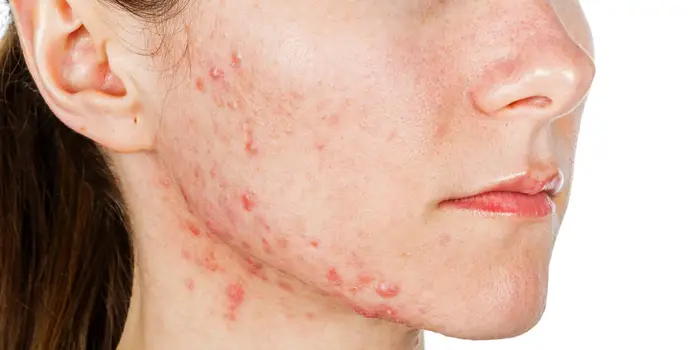What is PMS?
Premenstrual Syndrome (PMS) refers to a collection of physical, emotional, and behavioral symptoms that many women experience in the days leading up to their menstrual period. These symptoms can range from mild to severe and typically disappear once menstruation begins.
Table of Contents
Common Symptoms of PMS
PMS symptoms vary widely among women but generally start one to two weeks before menstruation. These can be grouped into physical and emotional/behavioral categories:
Physical Symptoms:
– Bloating and weight gain
– Headaches or migraines
– Fatigue
– Muscle or joint pain
– Acne flare-ups
– Digestive issues, such as constipation or diarrhea



Emotional and Behavioral Symptoms:
– Mood swings, including irritability and anger
– Anxiety or depression
– Difficulty concentrating
– Crying spells
– Sleep disturbances (insomnia or excessive sleepiness)
– Changes in appetite or food cravings


Causes of PMS
While the exact cause of PMS is not fully understood, it is believed to be related to hormonal fluctuations during the menstrual cycle. The rise and fall of estrogen and progesterone can affect neurotransmitters like serotonin, which play a key role in mood regulation. Other contributing factors include:
- Genetics: If your mother or sister experiences PMS, you may be more likely to have it as well. This genetic link suggests that PMS can run in families, making it important to be aware of your family history.
- Lifestyle Factors: Stress, poor diet, lack of exercise, and insufficient sleep can exacerbate symptoms.
- Underlying Health Conditions: Women with mental health conditions like depression or anxiety may experience more intense PMS symptoms.

Managing PMS
Managing PMS involves lifestyle changes, dietary adjustments, and, in some cases, medical treatment:
Lifestyle Changes:
- Regular Exercise: Engaging in physical activity can help alleviate symptoms like bloating, fatigue, and mood swings by boosting endorphins, the body’s natural mood enhancers.
- Balanced Diet: Eating a diet rich in fruits, vegetables, whole grains, and lean proteins can help stabilize blood sugar levels and reduce food cravings.
- Adequate Sleep: Ensuring sufficient rest can help manage fatigue and emotional symptoms.
- Stress Management: Practicing relaxation techniques such as yoga, meditation, or deep breathing exercises can reduce stress and improve overall well-being.



Dietary Adjustments:
- Reduce Salt Intake: Lowering salt consumption can help minimize bloating and water retention.
- Limit Caffeine and Sugar: Cutting back on caffeine and sugar can prevent exacerbation of anxiety and mood swings.
- Increase Calcium and Magnesium: Some research suggests that increasing calcium and magnesium intake may help reduce PMS symptoms.
Medical Treatments:

- Over-the-Counter Pain Relievers: Medications like ibuprofen or naproxen can help alleviate headaches, muscle pain, and cramps.
- Hormonal Treatments: Birth control pills or other hormonal therapies may be prescribed to regulate menstrual cycles and reduce PMS symptoms.
- Antidepressants: For severe PMS or PMDD (Premenstrual Dysphoric Disorder), antidepressants like SSRIs (Selective Serotonin Reuptake Inhibitors) may be recommended to manage mood-related symptoms.
When to See a Doctor
If PMS symptoms are severe and interfere with your daily life, it’s important to consult a healthcare provider. They can help rule out other conditions that might be causing your symptoms and recommend appropriate treatment options. In some cases, symptoms might indicate PMDD, a more severe form of PMS that requires medical intervention.
Conclusion: Taking Control of PMS
PMS is a common experience for many women, but it doesn’t have to disrupt your life. By understanding the symptoms and implementing strategies to manage them, you can take control of your health and well-being. If your symptoms are severe or unmanageable, seeking medical advice is crucial. At Health Authentica, we’re here to support you on your journey to better health and wellness.










